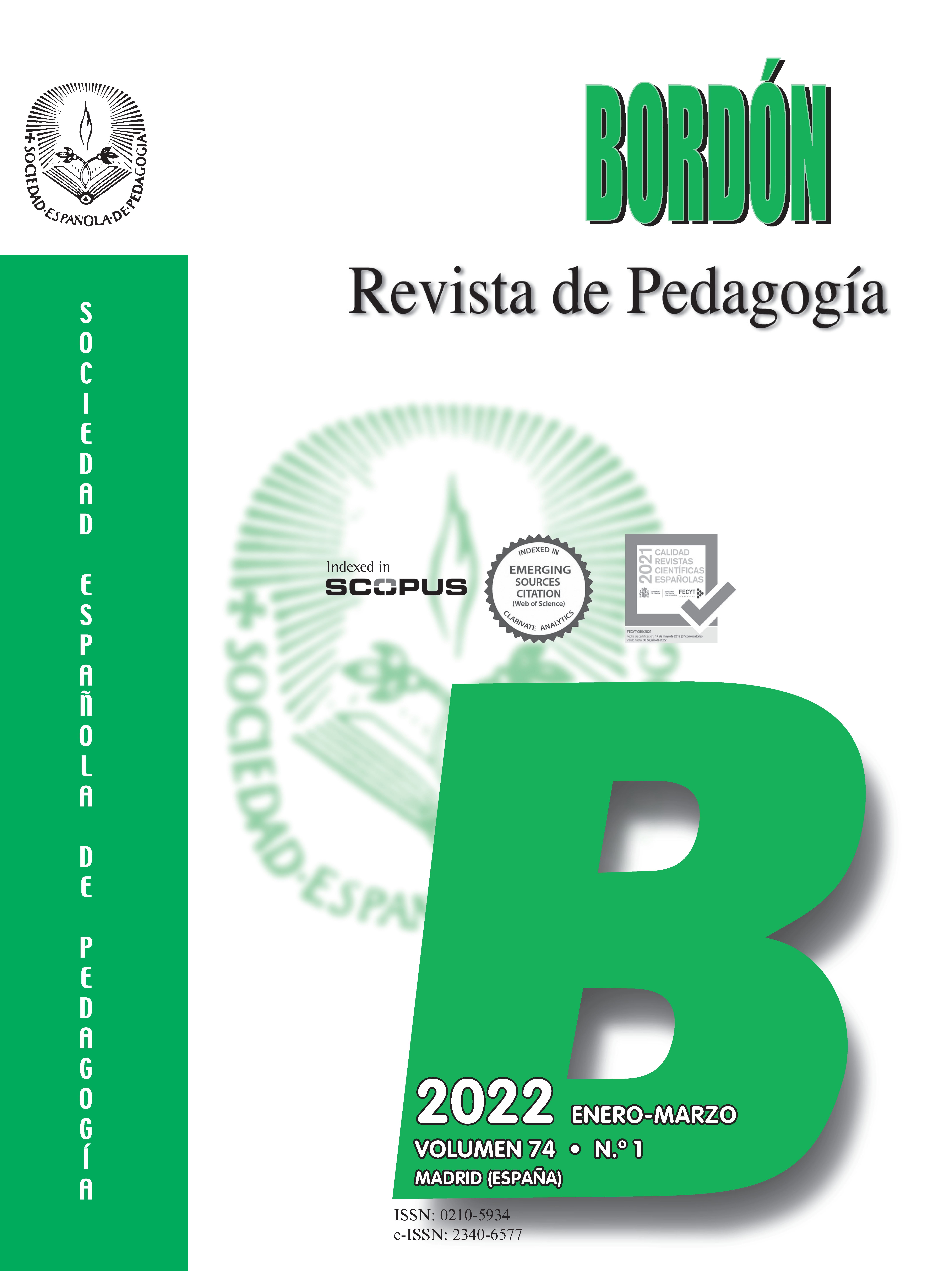Perceptions about academic plagiarism at university in a digital teaching context
Main Article Content
Abstract
INTRODUCTION. In a constantly changing world, characterized by the exponential development of technology, where data spreads around without no time nor space barriers, it is necessary to rethink the university teaching model and the consequences deriving from the ways of dealing with students’ learning methodologies. Within this frame, the main objective of this research is to identify the factors that influence plagiarizing among university students, considering the student’s own perception on the reasons they have to plagiarise and the severity attached to this practice. METHOD. Therefore, an exploratory methodology approach has been adopted, using the survey technique as the most appropriate procedure for data collection, based on a sample of 615 students in the context of digital university education. RESULTS. The analyses made through Partial Least Squares Structural Equation Modeling (PLS-SEM) show that the teaching performance process perceived by students (in relation to requested tasks, beliefs/attitudes towards plagiarism behaviour and the degree of severity assigned by them to the dishonest practices) has a statistically significant relationship on the plagiarism commission. DISCUSSION. Among the conclusions, we highlight the need of developing a systematic and continuous plan of teacher training to fight plagiarism at university, focusing on the development of an ethical culture which stands for the highest respect on learning starting with a shared reflection on the investigated factors.

